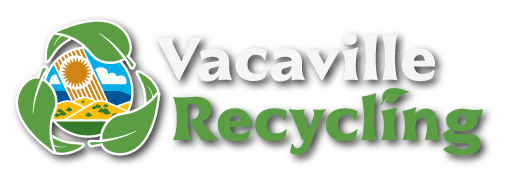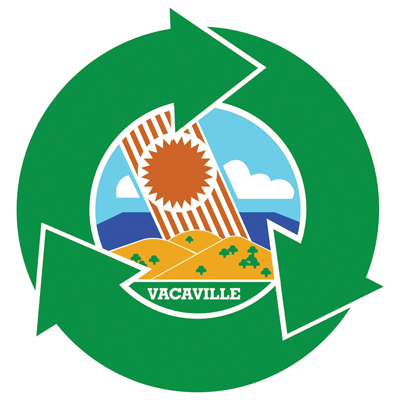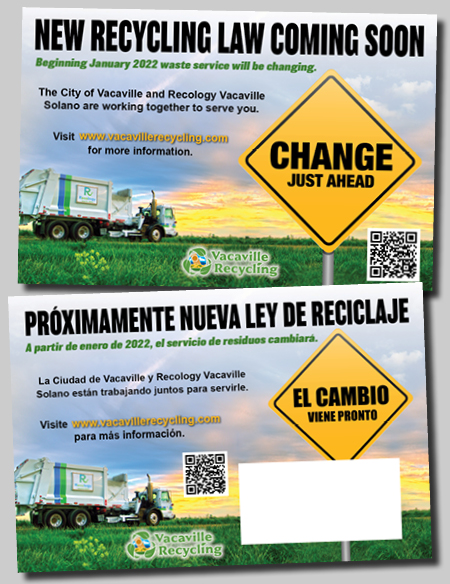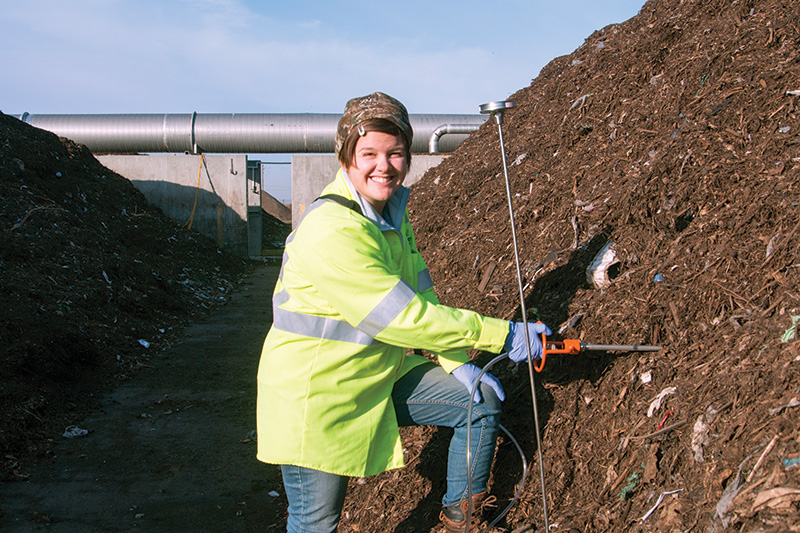
SB 1383 Residential Customer Info
December 23, 2021
BUSINESSES: Learn more about CalRecycle’s recent compliance directive regarding AB 341 & AB 1826
May 20, 2022SB 1383: SHORT-LIVED CLIMATE POLLUTANTS – ORGANIC WASTE REDUCTIONS BUSINESS INFO
WHAT IS SB 1383?
In September 2016, former Governor Jerry Brown signed into law Senate Bill 1383 (SB 1383) establishing a statewide effort to reduce emissions of short-lived climate pollutants (SLCP). The law specifically sets the following targets:
- Reduce statewide disposal of organic waste by 50% by January 1, 2020 and by 75% by January 1, 2025 (based on 2014 disposal levels).
- Recover and redistribute at least 20% of currently disposed edible food for human consumption by 2025.
CalRecycle, the state agency responsible for creating the regulatory standards for SB 1383, has established the following key dates:
- Effective January 1st, 2022: CalRecycle’s regulations to meet statewide organics reduction and food recovery requirements take effect.
- Effective January 1st, 2024: Regulations may require local jurisdictions to impose penalties for non-compliance on regulated businesses.
WHY ORGANIC WASTE?
When organic waste, such as food, green waste, and paper products decompose in a landfill, they produce methane gas – a potent greenhouse gas emission pollutant. The intent of the organic waste diversion goal is to reduce the emissions of methane gas to combat global climate change.
WHAT DO BUSINESSES NEED TO DO?
SB 1383 applies to all businesses in California. If you own a business or apartment/condo complex (of five or more units), beginning January 1, 2022 you are required to:
- Divert organic waste from the landfill by
- Subscribing to and participating in the organics collection service via Recology Vacaville Solano, or
- Arrange for organic waste to be composted or otherwise legally managed on-site.
- Provide collection containers for organic waste
and recyclable materials to employees, contractors, tenants, and customers
- Provide indoor containers for organic waste and recyclables in all areas where disposal containers are provided for customers, except in restrooms (multi-family dwellings are exempt).
- Containers must meet standardized color requirements: Gray or black for garbage, blue for recycling, and green for organics. Additionally, containers must have labels with graphic images to indicate acceptable and unacceptable materials. The City of Vacaville and Recology Vacaville Solano may be able to provide these labels at no additional cost.
- Annually provide employees with educational information about the legal requirements to compost and recycle including how to properly sort between the three waste streams.
WHAT IF MY BUSINESS DOESN’T PRODUCE ORGANIC WASTE?
Many businesses produce organic waste without realizing it. Organic waste includes:
- Food
- Fruit and vegetable scraps
- Bread, rice, pasta and grains
- Egg shells
- Meat, poultry, fish, and shell fish
- Coffee grounds and tea leaves
- Bones
- Green Waste
- Landscaping waste (grass clippings, leaves, branches, etc)
- Flowers, plants, and weeds
- Paper and Wood Products
- Paper bags
- Coffee filters and tea bags
- Food-soiled tissue, napkins, and paper towels
- Non-coated paper plates
- Paper cups that contain no plastic or coating
- Wooden chopsticks and coffee stir sticks
- Pizza boxes
Some businesses may be granted a waiver for exemption from some or all requirements of SB 1383 if they can provide documentation and evidence to support a De Minimus Waiver:
- Total solid waste collection (cumulative total of all waste streams) is more than two cubic yards per week and organic waste is less than 20 gallons per week.
- Total solid waste collection (cumulative total of all waste streams) is less than two cubic yards per week and organic waste is less than 10 gallons per week.
Contact the City of Vacaville Solid Waste and Recycling Office at (707) 469-6507 or recycling@cityofvacaville.com if you believe your business may qualify.
WHAT ARE THE REQUIREMENTS FOR EDIBLE FOOD RECOVERY?
To reduce unnecessary food waste and help address food insecurity, SB 1383 requires certain businesses to implement programs designed to distribute edible food to those who are food insecure. Edible food is food intended for people to eat, including food not sold because of appearance, age, freshness, grade, surplus, etc. Edible food includes, but is not limited to prepared foods, packaged foods, and produce. All edible food must meet the food safety requirements of the California Retail Food Code.
For the recovery of edible food waste, edible food
generators are split into two tiers:
Tier One must comply with edible food recovery requirements by January 1st, 2022. This includes:
|
Tier Two must comply with edible food recovery requirements by January 1st, 2024. This includes:
|
SB 1383 requires edible food generators to do the following:
- Recover excess edible food – It is not required that businesses donate all excess edible food, however SB 1383 does include the following guidelines:
- Edible food generators cannot intentionally spoil edible food ;
- Edible food generators are allowed to give away excess food to employees, take it home for personal use, or give it away to customers;
- Edible food generators must recover the maximum amount of edible food that would otherwise be disposed of. This can be accomplished by donating or paying for the food to be recovered by a food recovery organization or service, which includes but is not limited to food banks, food pantries, soup kitchens, for-profit food recovery services and other non-profits that distribute food to people in need.
- Establish contracts or written agreements – Edible food generators must establish contracts or written agreements with food recovery organizations and services. Food recovery organizations and services vary in the amount and types of food they can receive so edible food generators may need to establish contracts or written agreements with multiple food recovery organizations and services to be in compliance.
- Maintain
Records – Edible food generators must maintain records of their food
recovery activities. Recordkeeping
requirements include:
- A list of each food recovery service or organization that collects or receives its edible food under a contract or written agreement
- A copy of contracts or written agreements
between the edible food generator and a food recovery organization that
contains the following information:
- The name, address and contact information of the service or organization
- The types of food that will be collected by or self-hauled to the service organization
- The established frequency that food will be collected or self-hauled
- The quantity of food collected or self-hauled to a service or organization for food recovery. The quantity shall be measured in pounds per month.
The City of Vacaville is required to monitor compliance by performing annual inspections to review the following records:
- Contract or written agreement information for food recovery organizations and services
- Schedules for food recovery deliveries or collections
- Quantity of food recovered in pounds per month
- Types of good each food recovery organization will receive or collect.
To assist edible food generators in locating and partnering
with food recovery organizations, the City of Vacaville will post and maintain
a list of organizations and services operating in Solano County on www.vacavillerecycling.com.
RESOURCES
To learn more about SB 1383’s requirements visit www.calrecycle.ca.gov/Climate/SLCP/.
For additional information on requirement for edible food generators, visit www.calrecycle.ca.gov/organics/slcp/foodrecovery.
For all other questions, contact us at:
| Recology Vacaville (707) 448-2945www.recology.com | City of Vacaville Solid Waste and Recycling Office (707) 469-6507 • recycling@cityofvacaville.comwww.vacavillerecycling.com |





